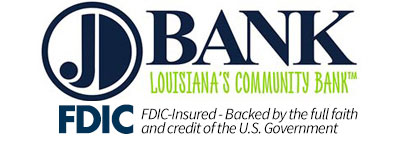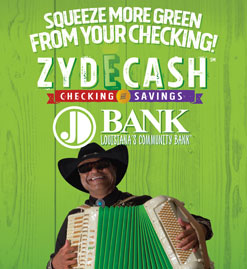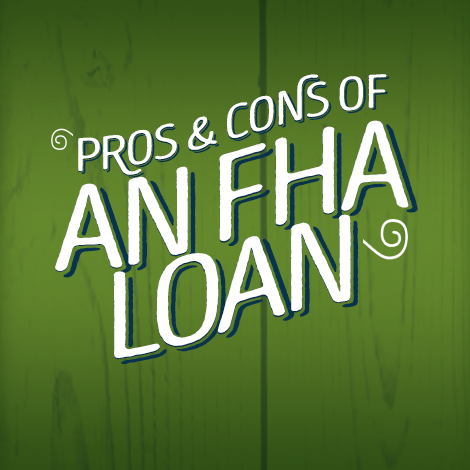FHA loans are loans issued by private lenders – including by JD Bank – but backed by the Federal Housing Administration (FHA). Because they are insured by the FHA, these loans are typically the easiest to qualify for new homeowners and people who can’t afford to make big down-payments on conventional loans.
FHA loans are the easiest to qualify for, and certainly worth considering. They may not be the right solution for all borrowers when considering FHA loans compared to other types of home loans that are available from JD Bank. It all depends on your situation, but let’s examine the pros and cons of FHA loans for home buyers in Louisiana.
PROS
Lower Credit Scores Are Acceptable – Borrowers with low credit scores – or no credit history – are more likely to get approved for an FHA loan than other types of loans. When applying for a conventional loan, a lower credit score is a difficult obstacle to overcome. Those with credit problems, including bankruptcy, still could qualify for an FHA loan, but your minimum down payment will rise. Because the U.S. government backs the loan, you don’t need near-perfect credit.
Lower Debt-to-Income Ratio (DTI) – Often with conventional loans, your debit-to-income ratio is a key factor in determining whether you are approved. Lenders want the amount you spend on monthly loan payments to be relatively low compared to your total monthly income. FHA loans allow for a higher DTI than conventional loans.
Lower Down Payments – Where you may be required to put down 5 percent or more for a conventional home loan, FHA loans allow you to put down as little as 3.5 percent, or $3,500 per $100,000 that you borrow. An FHA loan will also allow other sources, such as a family member, employer or philanthropy, to contribute to your down payment.
FHA loans are also a useful solution for more than traditional, single-family residences. Borrowers can use FHA home loans to purchase a multi-unit property with up to four units, as long as they live in one of the units for a year. This loan can also be used for a condominium or even a manufactured home as long as it has a permanent foundation.
These benefits make FHA loans a great option for many borrowers. For some, FHA loans aren’t the ideal choice, as they would be better served with other home loan options.
CONS
Mortgage Insurance Premiums (MIP) – While a conventional mortgage only requires private mortgage insurance, FHA loans demand mortgage insurance premiums. These can include an upfront MIP payment of 1.75 percent of your loan amount at closing, and then an annual premium FOR THE LIFE OF THE MORTGAGE, which is typically 30 years.
Limits on How Much You Can Borrow – These limits vary depending on where you are located in the country, but they are still lower than the limits for conventional loans. The FHA publishes a chart each year showing the maximum amount for FHA loans by region. If you are in a market where the real estate is in demand and high priced, FHA loans may not work for you.
Minimum Housing Standards – These may prevent you from buying the house you want, because not all houses qualify for FHA loans. These minimum property standards are meant to protect buyers from purchasing properties that are in disrepair, but they can make it difficult for those who aim to purchase an older home that needs work. An FHA loan inspection will be tough for a buyer wanting to make significant renovations and repairs on a fixer-upper.
An FHA loan has several appealing factors, and it can be the right choice for first-time homebuyers, those without sterling credit and others of all income levels. While FHA loans aren’t the perfect fit for everyone, there are several other loan options to consider, so talk to a local JD Bank home lending expert to clarify what loan will fit your unique needs best.










